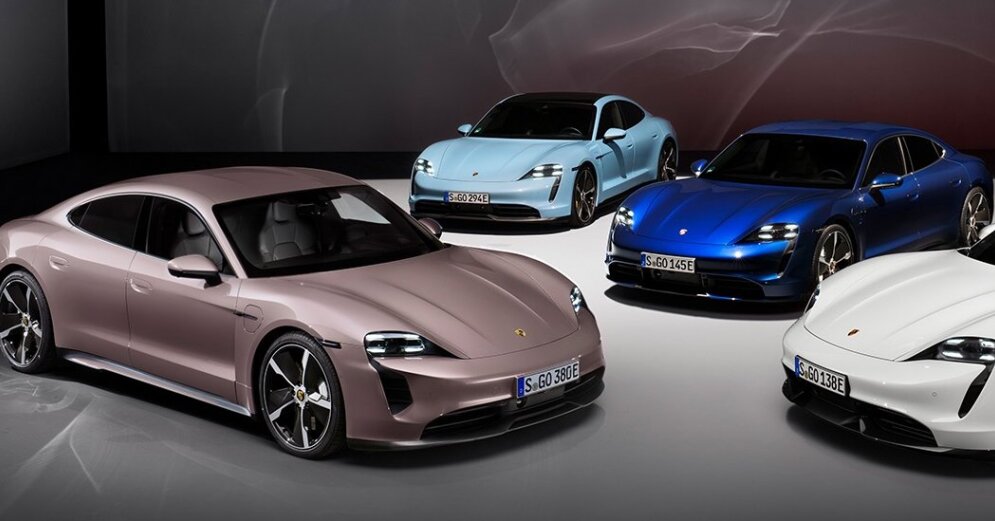“Porsche” has set ambitious goals – to become a company neutral in terms of carbon emissions by 2030 throughout the value chain and the life cycle of new cars sold, the company informs.
–
–
Content will continue after the ad
Advertising
–
“We are committed to the Paris climate agreement and have set ourselves goals that go beyond it,” says Albrecht Reimold, Porsche AG board member responsible for production and logistics.
He says that by 2030, the share of all new fully electric Porsches will exceed 80%. “Porsche is a pioneer in sustainable mobility, and we take a holistic approach to electromobility,” says Reimold.
At the Porsche plant in Leipzig, the resource efficiency program is an integral part of the production system. It includes regular energy audits as well as various seminars. Porsche aims to test the efficiency of resource use in various processes and continuously improve them.
“We determine what the current situation is and then analyze the consumption data. This is how we identify how the specific process can be improved and determine the next development steps,” explains Gerd Rupp, Chairman of the Board of Porsche Leipzig GmbH. Company representatives in the fields of environment and energy monitor the use of resources in the relevant department and inform their colleagues.
The resource use efficiency program established in 2014 foresees savings in a total of five main indicators: energy consumption, CO2 emissions, waste, water consumption and solvent emissions.
Especially effective in 2021 was the ecological mode for welding robots used in body structures. By choosing this approach, the welding equipment automatically shuts down after 60 seconds of inactivity, saving compressed air when not needed for production.
An energy-saving mode is also implemented in the conveyor system of the paint shop: 400 frequency converters automatically switch off the power supply when not in use. This system will be extended to cover the entire conveyor system.
Through such measures, the Leipzig plant is now able to save a total of four million euros per year. “Our goal is to minimize the environmental impact of each car. Thanks to the outstanding commitment of the employees at this production site, we even managed to exceed the 2021 target,” says Rupp.
The factory’s internal indicator, which covers the overall development of five key indicators, has been continuously improved since 2014 – it reached 62.4% in 2021.
One of the strengths of Leipzig’s sustainability efforts is their diversity. In addition to smart and resource-efficient production, they also include many projects to conserve biodiversity. In addition to bison and Exmoor ponies, three million honey bees and many native wildlife species live in harmony with nature on the production site.
Porsche takes a holistic approach to sustainability, so its commitment to social issues is firmly embedded in its sustainability strategy.
The company’s focus on sustainability has also been praised many times. The Porsche factory in Leipzig has been certified by the German Sustainable Building Council and has been awarded the highest Platinum rating. In 2021, the production plant in Saxony also received the “Lean & Green Management Award” in the automotive category.
A key part of Porsche’s sustainability strategy is the path to an “environmentally neutral factory” – in other words, a factory that leaves no ecological footprint. The company has already reached an important milestone: Porsche production at its headquarters in Zuffenhausen has been carbon neutral since 2020, with the Leipzig plant joining in early 2021.
With regard to its product range, Porsche has laid the foundations for the future of alternative drive technology and electrification: from 2023, the next-generation Macan is planned to be produced in Leipzig as a fully electric model.
–


/i/2004719138.png?f=meta)